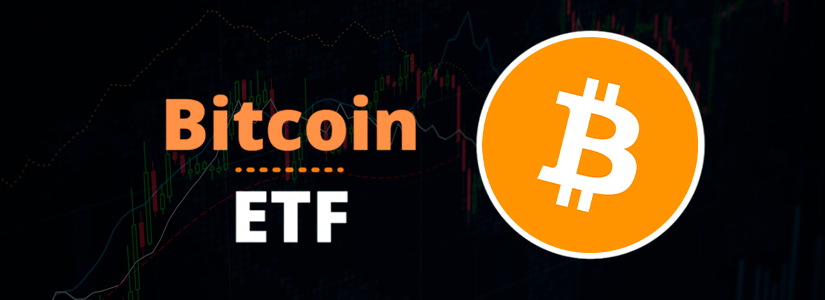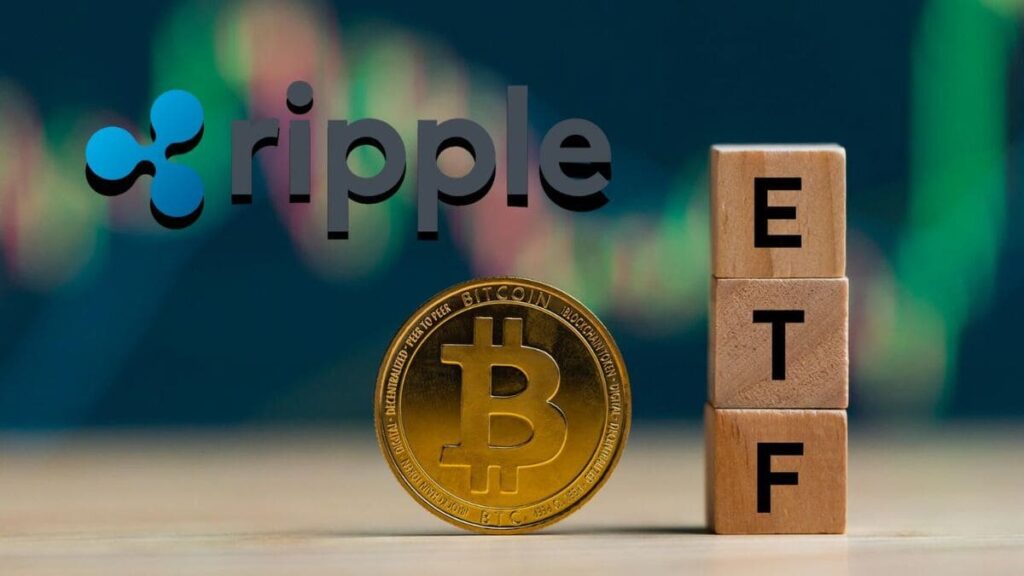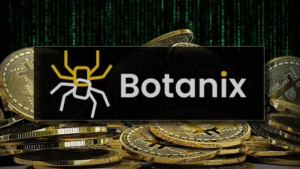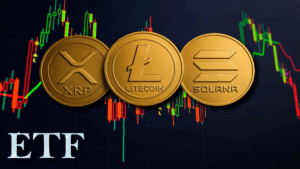TL;DR
- The approval of Bitcoin ETFs by the SEC marked a crucial moment in the history of the crypto industry.
- ETFs allow investors to participate in BTC without owning the cryptocurrency directly.
- Custodians like Coinbase, BitGo, and Fidelity are key to protecting the underlying assets of ETFs against losses and theft.
The recent approval by the United States Securities and Exchange Commission (SEC) of eleven proposals for Bitcoin spot ETFs marked a watershed moment in the crypto industry. A significant leap in integrating cryptocurrencies into mainstream investment streams. This provided easier access for both retail and institutional investors.
Bitcoin spot ETFs are a new investment vehicle that enables investors to participate in the BTC market without needing to directly own the cryptocurrency. Unlike BTC futures ETFs, which rely on derivative contracts, spot ETFs directly hold Bitcoin, making them an attractive option for those seeking a safer and regulated crypto market participation.
Using an enterprise-grade digital asset custody provider is crucial for ensuring the safety, security, and accessibility of cryptocurrencies and tokenized assets.
Learn about the key considerations for spot bitcoin ETFs and why secure custody matters. https://t.co/iqlEJXmrxH
— Ripple (@Ripple) April 25, 2024
However, with this new investment approach came unique challenges in terms of custody and asset security. The question arises of who will custody the Bitcoins and how they will ensure they are protected against losses or theft. Currently, there are only a few qualified custodians in the US, including Coinbase, BitGo, Fidelity, Anchorage Digital, and Gemini, tasked with safeguarding the underlying assets of the ETFs.

How is Bitcoin Protected?
Security is a paramount concern in ETF management. Custodians must implement robust security measures, such as cold storage and multi-signature wallets, to protect assets against unauthorized access and cyber threats. Additionally, strict compliance with regulations, such as Know Your Customer (KYC) and Anti-Money Laundering (AML) standards, is necessary to prevent illegal activities and maintain investor trust in the system.
Discussions also arise regarding the self-management of these new financial products. By enabling investors to access the Bitcoin market more easily and securely, these products have changed the way people invest in cryptocurrencies. This has led to additional challenges in terms of security and regulatory compliance, which custodians must proactively address.
Bitcoin ETFs have been anticipated for many years, and their arrival has brought new challenges. However, undoubtedly, the industry will adapt as best as possible to the emerging circumstances.












